After working out, it’s vital to help your body recover to prevent or at least reduce muscle soreness or injury. This recovery could include certain foods or supplements, for example, as well as forms of rest and relax for the muscles. Read below to about the best ways you can help your muscles recover so you can keep building and maintaining muscle for good health.
Fast facts on muscle recovery
When you exercise, your muscles have stress placed on them that causes imbalance in the body (1). These types of stress include bodily stress like muscle tears, dehydration, or pain, as well as chemical imbalances like that in the blood or in oxygen-carbon dioxide levels in the body. Taking time to recover the muscles help to restore balance in the body after being active.
How do you help recover your muscles?
When you think of muscle recovery, an ice bath or heating pads may come to mind (2). Although these methods may be helpful and feel nice, it’s crucial to recover from the inside out too. This includes eating certain foods and taking certain supplements to restore bodily balance.
For example, a 2019 study shows that the following food compounds may help muscle recover (3):
- Black currant: may help reduce inflammation and related muscle damage
- Pineapple (bromelain): may reduce muscle soreness and improve muscle function
- Curcumin: may lessen inflammation and soreness caused by eccentric exercises (i.e. squats, push-ups, pull-ups, etc.)
- Ginger: may lessen post-exercise muscle soreness after long-term intake
- Ginseng: may reduce the activity of certain indirect markers of muscle damage after long-term intake
- L-glutamine: at least 0.3 g/kg/day for up to 3–7 days may improve muscle function and reduce biomarkers of exercise-induced muscle damage
- Taurine: may reduce soreness and improve muscle function
Along with such foods and supplements, you should also consume enough protein in your diet, especially after you work out (4). Research shows that intake of 30 grams of protein between 0-5 hours post-exercise can help stimulate muscle protein synthesis (5).
Other ways to recover your muscles
Besides those methods above, muscles can also benefit from the following methods post-exercise:
- Mineral water can aid in hydration post-exercise and can help in muscle strength recovery (6).
- Carbohydrate and milk protein can rehydrate and also provides a means for glycogen and protein synthesis (7).
- Rest after working out with massage may reduce muscle inflammation after post-exercise related muscle damage (2).
- Consuming an electrolyte drink before and during exercise may reduce the onset of exercise-associated muscle cramps (8).
Bottom line on muscle recovery
Like with any stress you place on the body, whether it be mental or physical, recovery is vital for optimal health. Certain foods and supplements, as well as hydration and rest are needed to restore balance in the body. If you are not sure how much protein or supplements you should consume for muscle recovery, be sure to talk to a qualified healthcare provider for advice.
References:
- National Academy of Sports Medicine (Winter 2017) “Exploring the Science of Recovery.” https://blog.nasm.org/the-science-of-recovery
- Dupuy, O., Douzi, W., Theurot, D., Bosquet, L., and Dugue, B. (2018) “An Evidence-Based Approach for Choosing Post-exercise Recovery Techniques to Reduce Markers of Muscle Damage, Soreness, Fatigue, and Inflammation: A Systematic Review With Meta-Analysis.” 9: 403.
- Harty, P.S., Cottet, M.L., Malloy, J.K., and Kerksick, C.M. (December 2019) “Nutritional and Supplementation Strategies to Prevent and Attenuate Exercise-Induced Muscle Damage: a Brief Review.” Sports Med Open., 5:1.
- Cintineo, H.P., Arent, M.A., Antonio, J., and Arent, S.M. (September 2018) “Effects of Protein Supplementation on Performance and Recovery in Resistance and Endurance Training.” Frontiers in Nutrition, 5: 83.
- van Vliet, S., Beals, J.W., Martinez, I.G., Skinner, S.K., and Burd, N.A. (February 2018) “Achieving Optimal Post-Exercise Muscle Protein Remodeling in Physically Active Adults through Whole Food Consumption.” Nutrients, 10(2): 224.
- Harris, P.R., Keen, D.A., Constantopoulos, E. et al. (2019) “Fluid type influences acute hydration and muscle performance recovery in human subjects.” J Int Soc Sports Nutr, 16, 15. https://doi.org/10.1186/s12970-019-0282-y
- Evans, G.H. James, L.J., Shirreffs, S.M., and Maughan, R.J. (2017) “Optimizing the restoration and maintenance of fluid balance after exercise-induced dehydration.” Journal of Applied Physiology, https://doi.org/10.1152/japplphysiol.00745.2016
- Jung, A.P., Bishop, P.A., Al-Nawwas, A., and Dale, R.B. (April-June 2005) “Influence of Hydration and Electrolyte Supplementation on Incidence and Time to Onset of Exercise-Associated Muscle Cramps.” 40(2): 71-75.


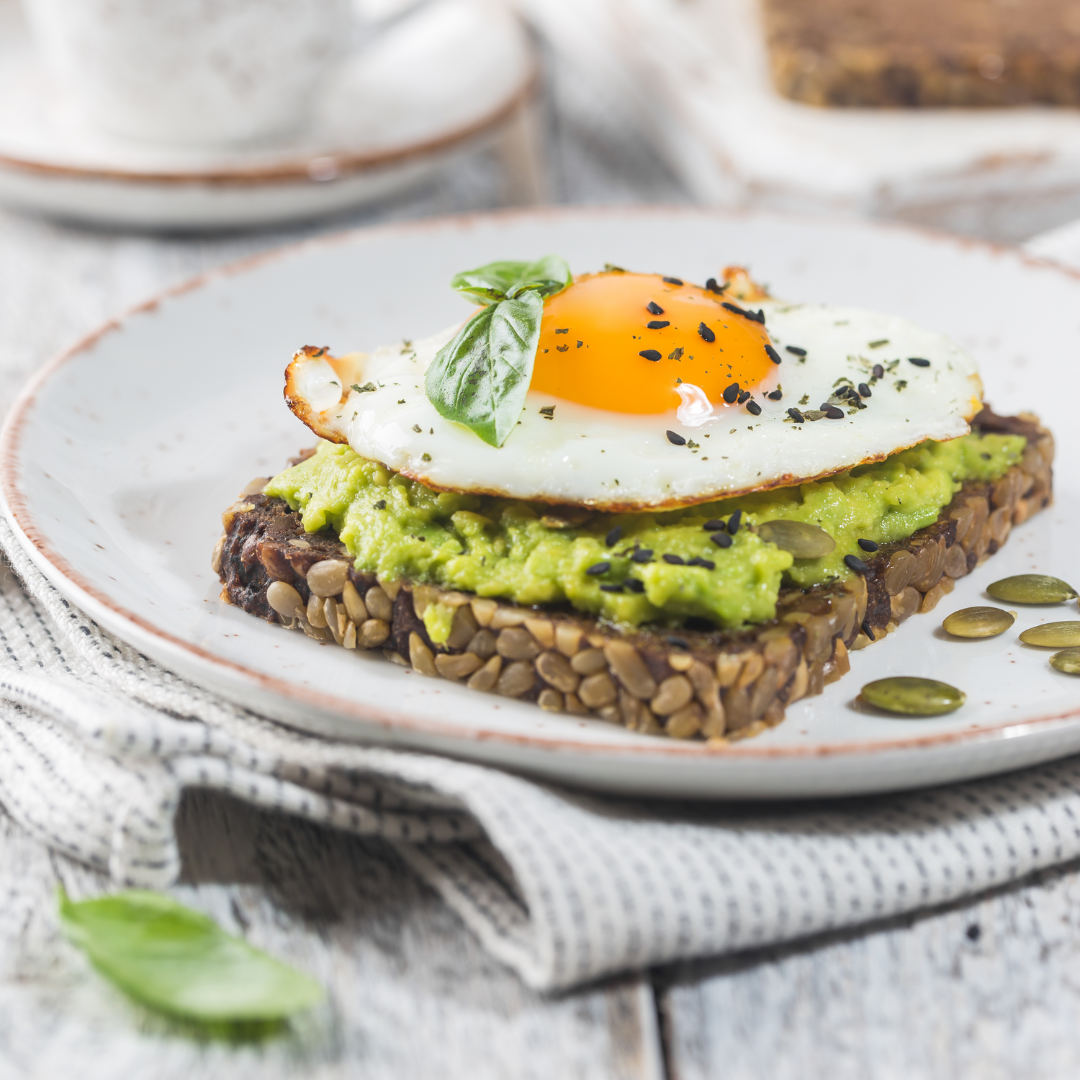
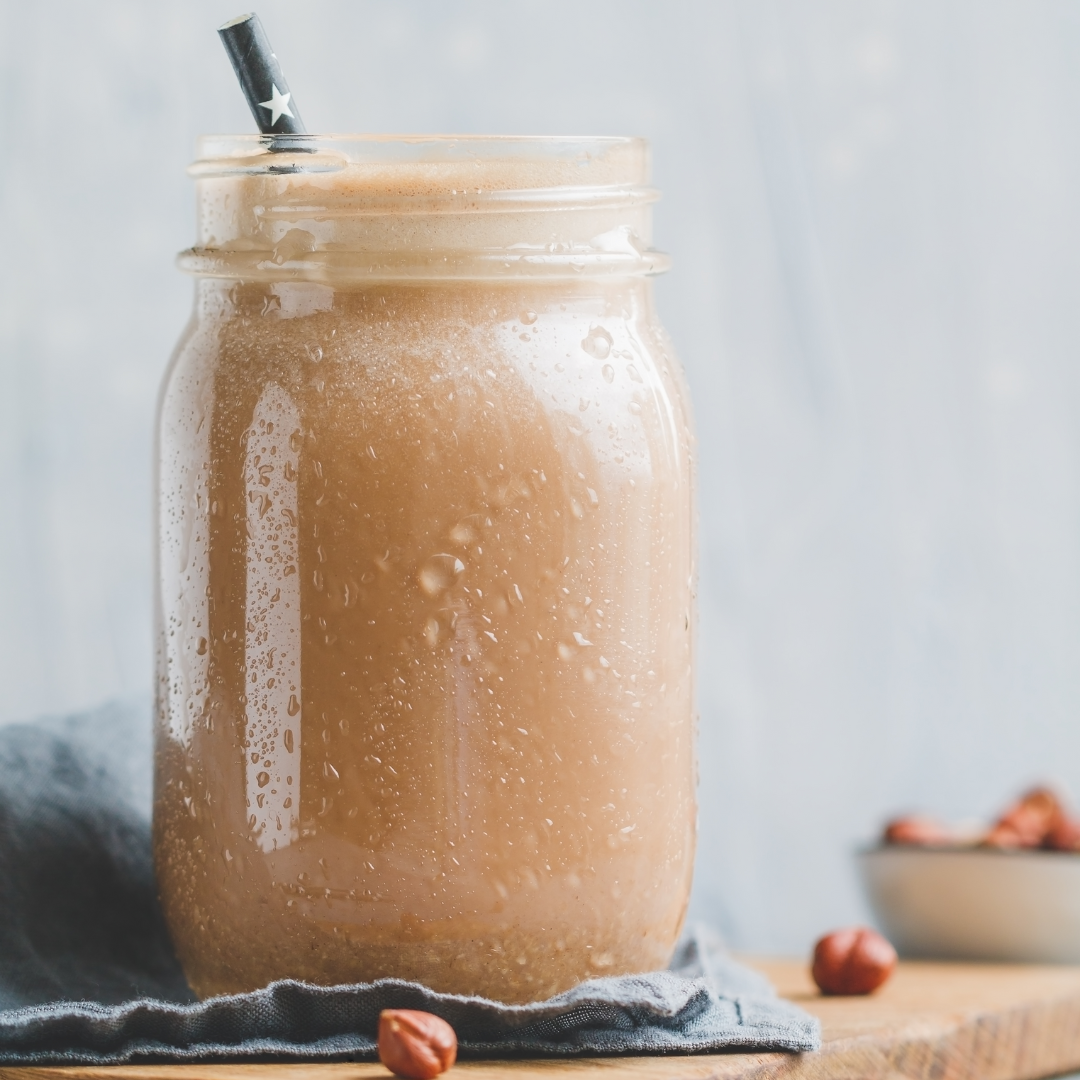
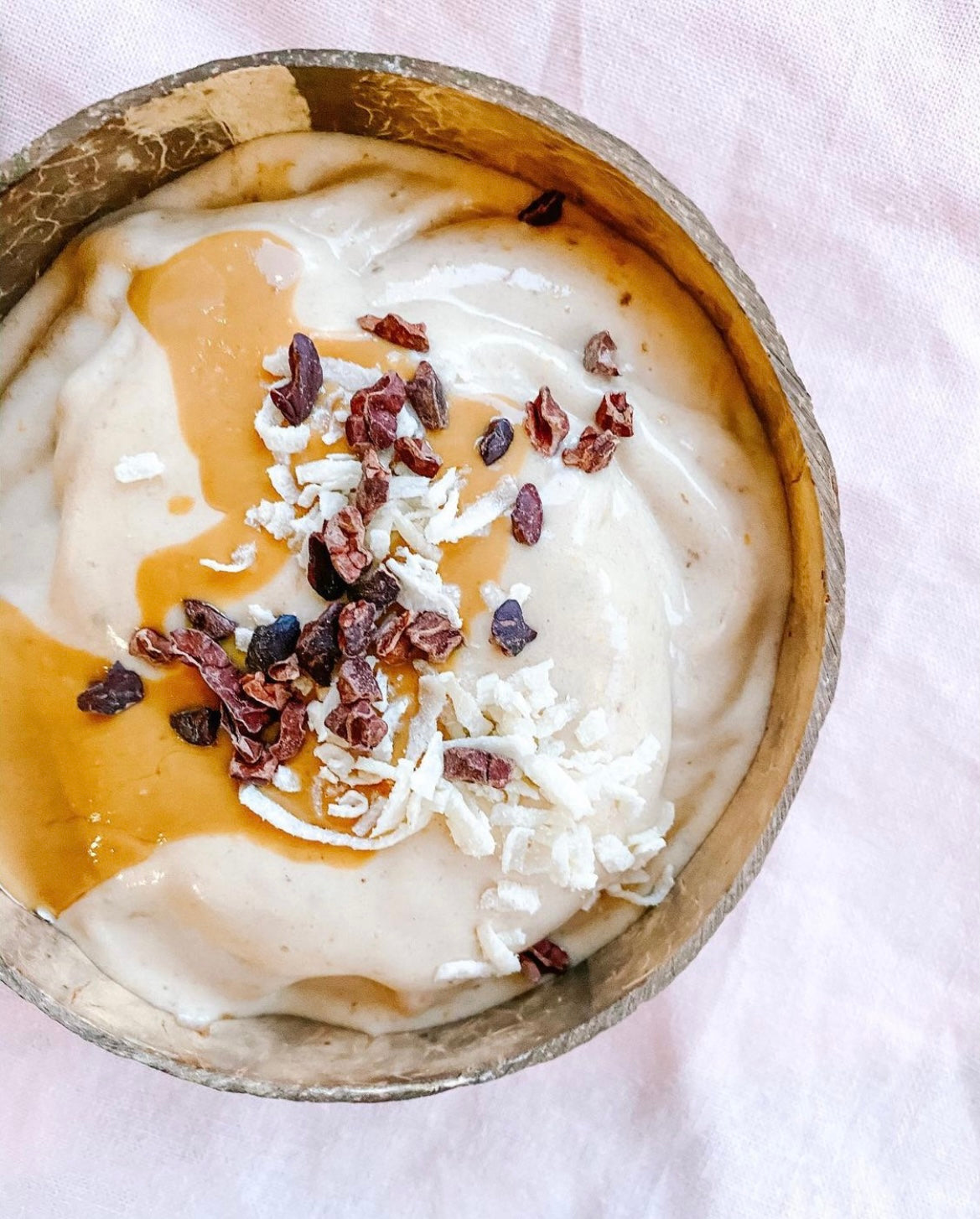
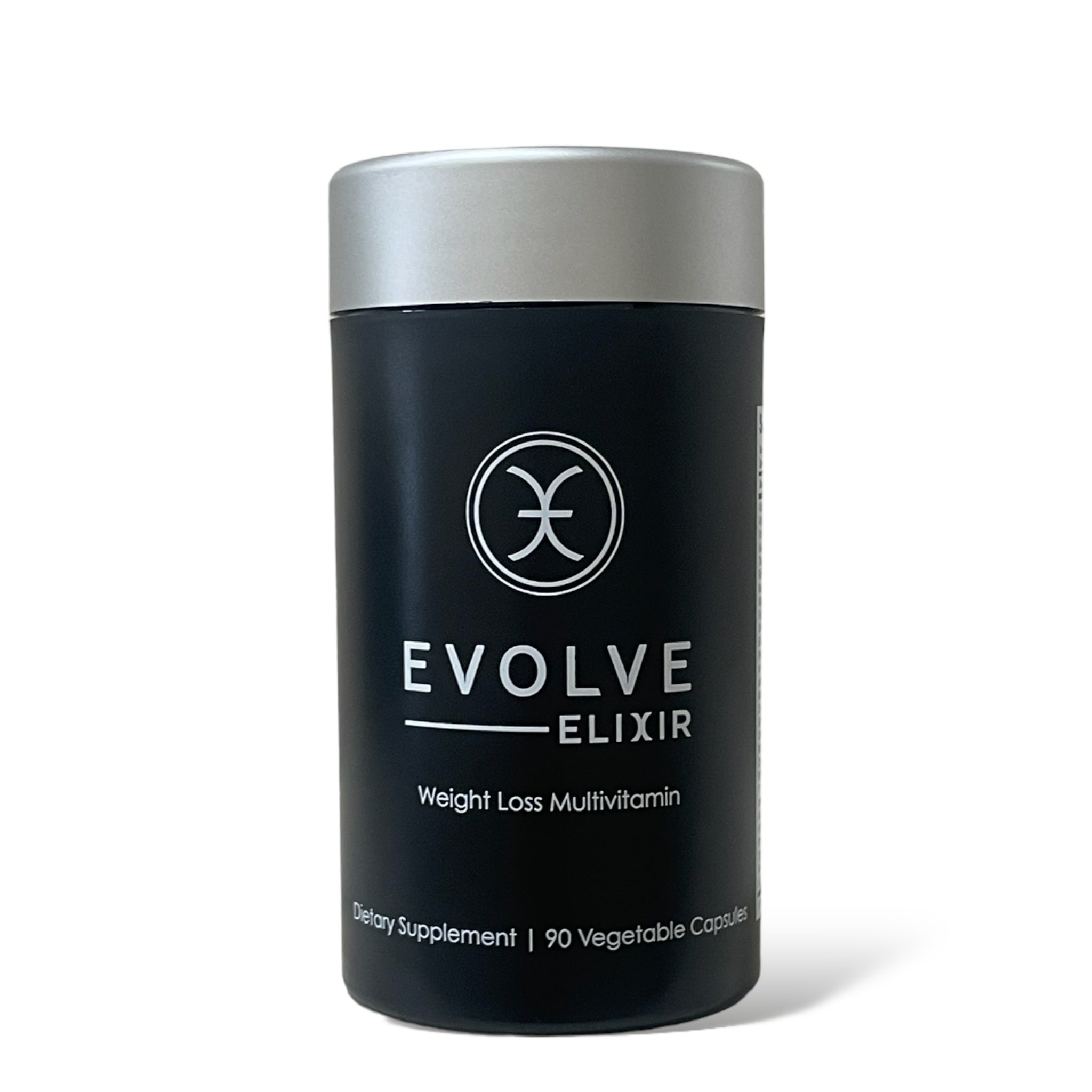
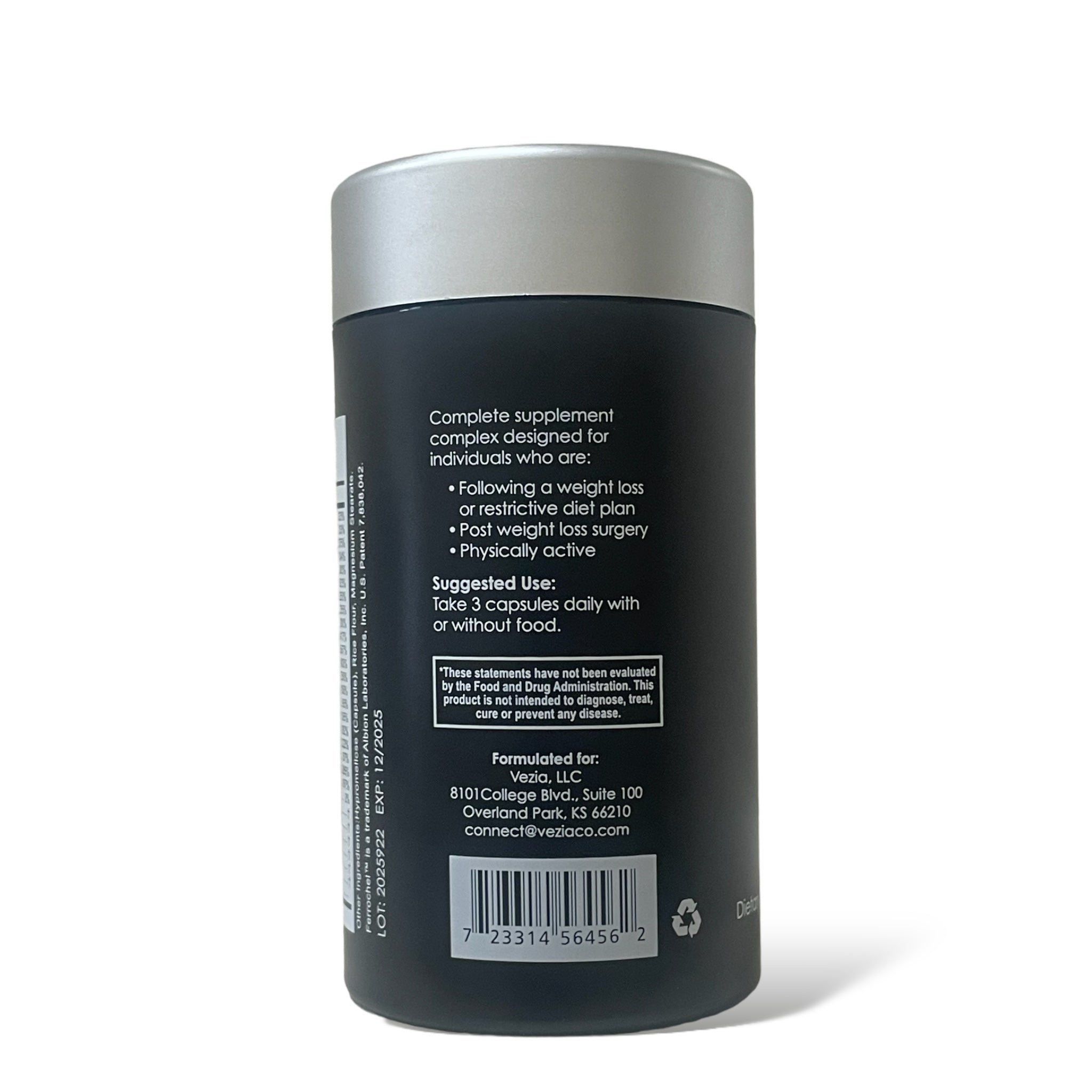
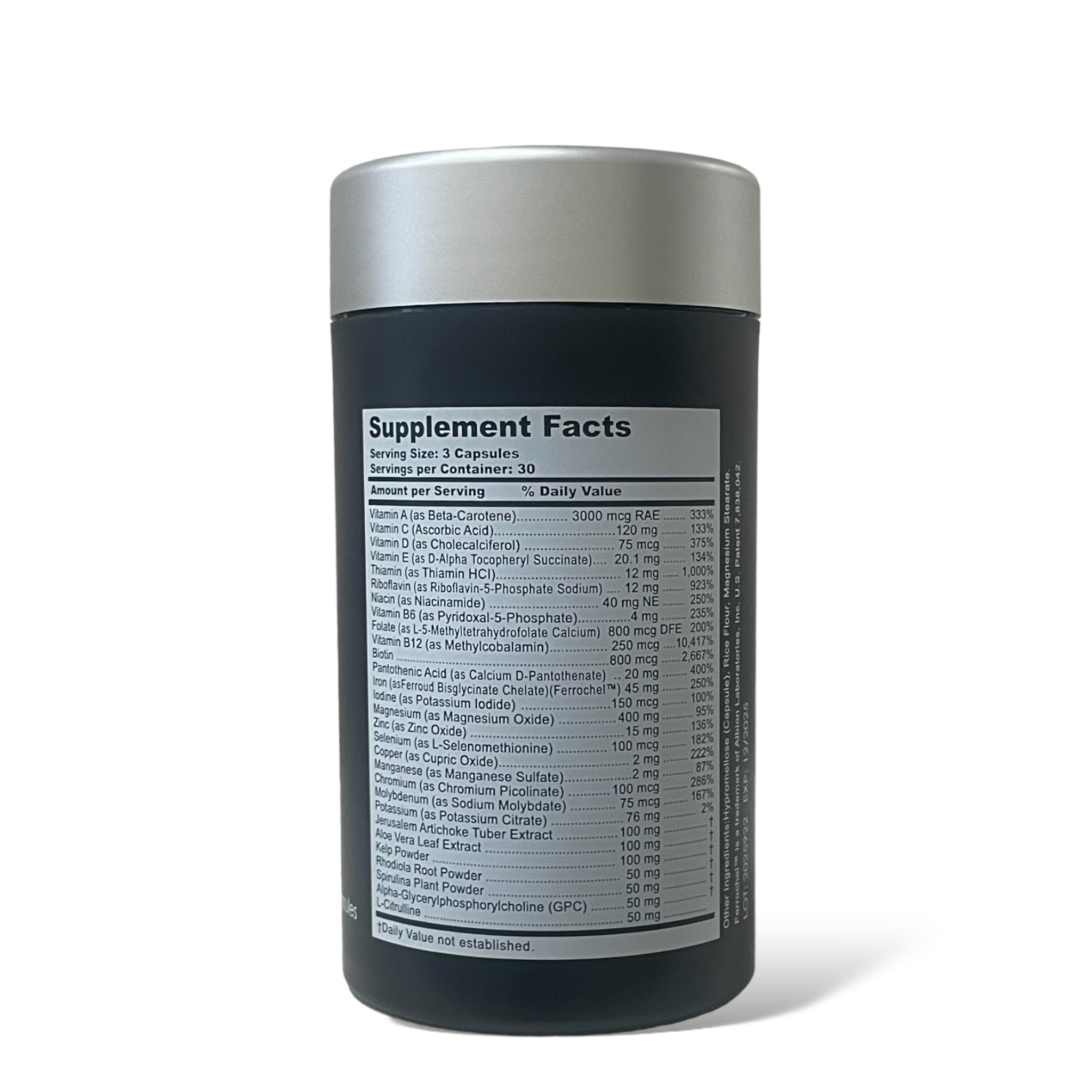
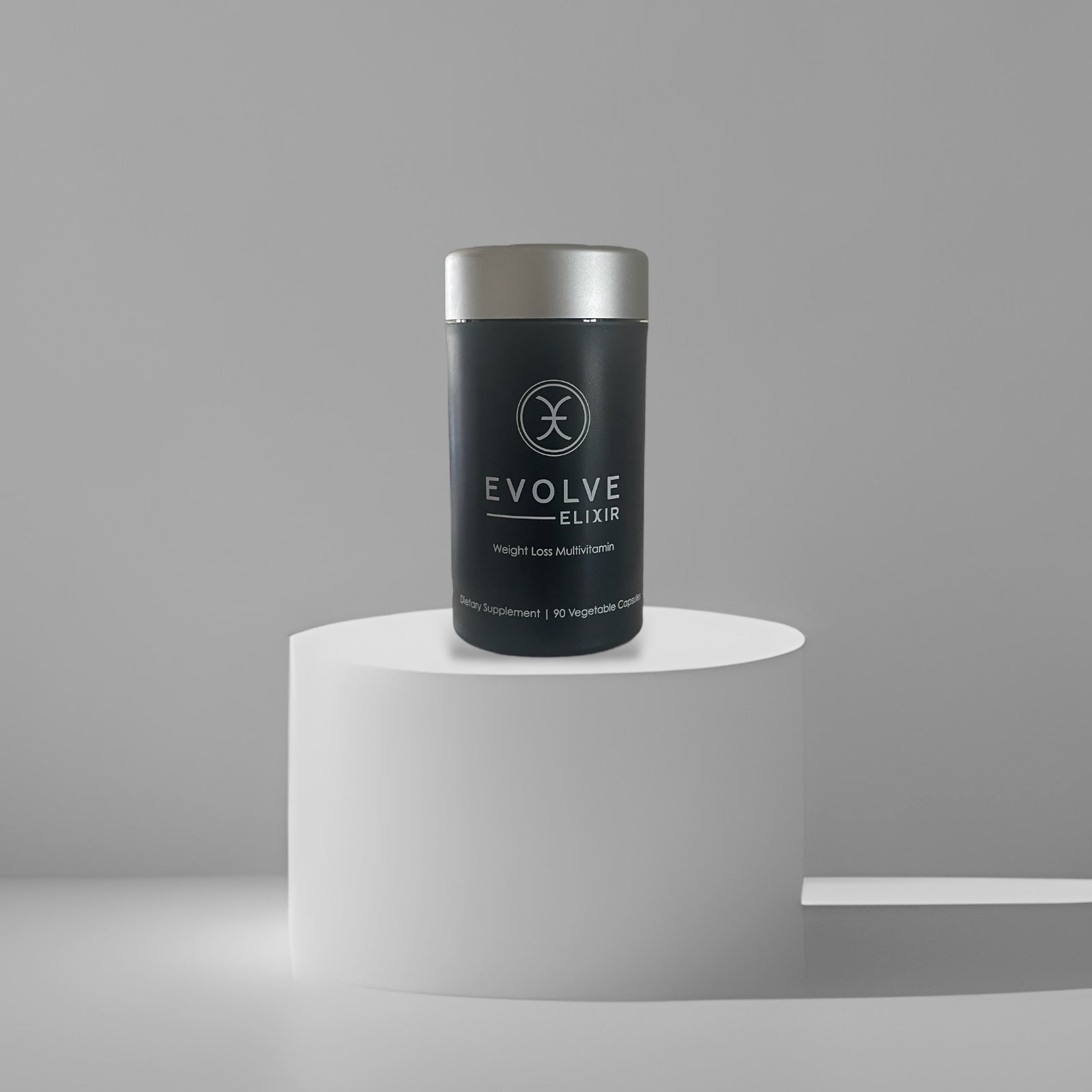
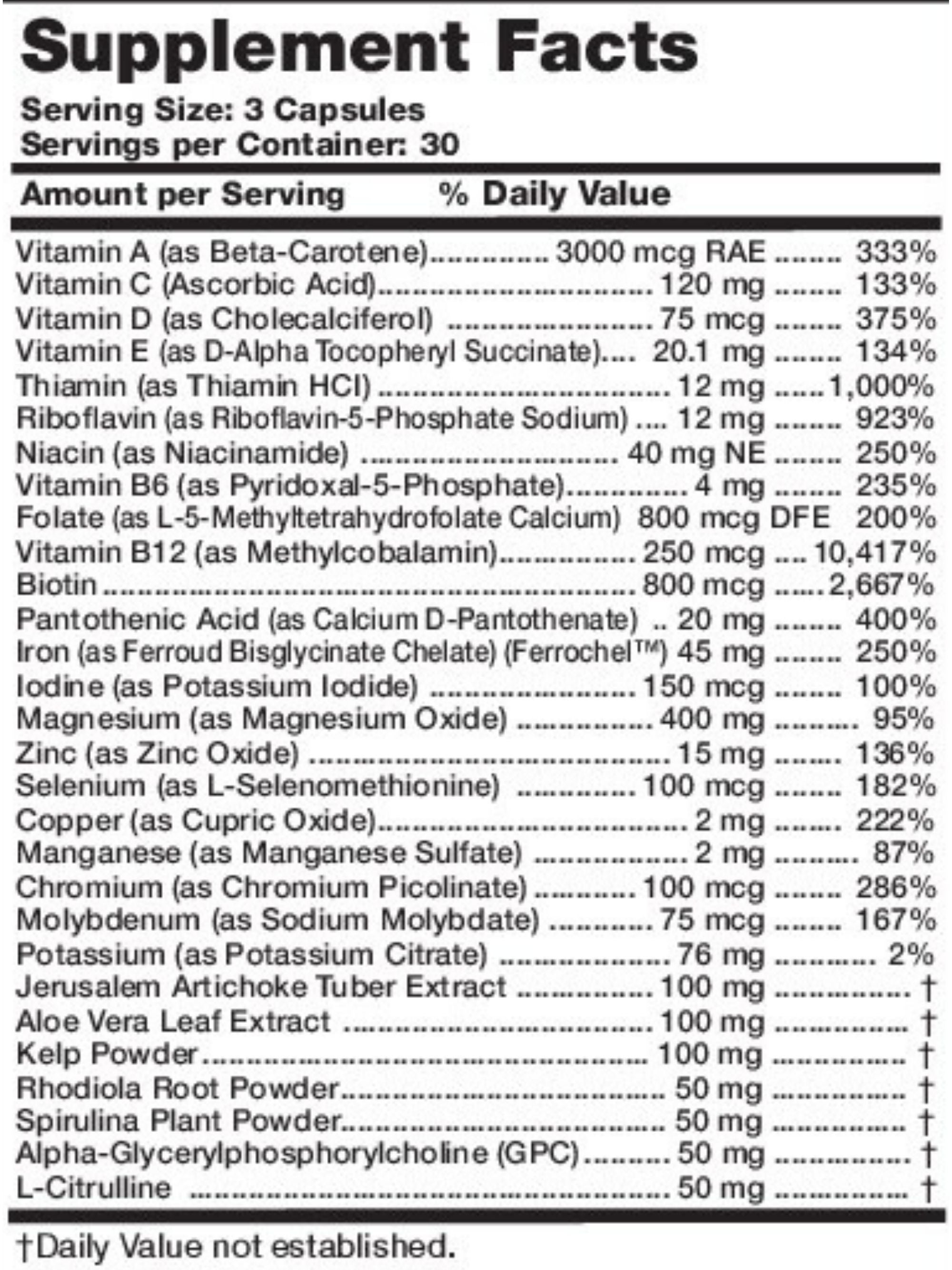
Leave a comment
This site is protected by hCaptcha and the hCaptcha Privacy Policy and Terms of Service apply.